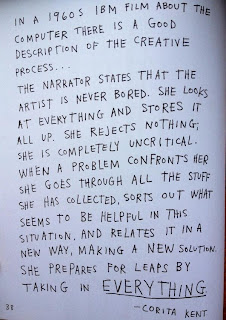Chris Wooding is mighty keen to emphasise the lack of zombie-action
in his cracking teen siege-thriller ‘Silver’. Silver is, in Wooding’s words, “28 Days Later meets Assualt on Precinct
Thirteen”; and having outlined the book he then finishes with an ironic – “And they’re not zombies, OK?”
Whatever you say, Chris. What interests me is that Silver tells a story about transformation – and fear of transformation. Victims transform and infect other victims, who in turn transform.
Whatever you say, Chris. What interests me is that Silver tells a story about transformation – and fear of transformation. Victims transform and infect other victims, who in turn transform.
A common reading of
Romero’s Dawn of the Dead – undead hordes shamble mindlessly around a shopping
mall – is that it satirises western capitalist obsession with unthinking
consumption. Silver instead has its young victims infected by a super-intelligent
nanobot virus which transforms these poor unfortunates differently – turning them
into machines.
If you’re going to critically analyse various sub-genres and
styles of zombie fiction, the important thing is – I think, anyway – to look at
what the victim loses when they succumb – and what the survivors keep when they
don’t.
Look at it that way, and Silver – come to that, plenty of
other recent zombie flicks and stories – criticises a world in which individuality
and freedom of expression are being daily eroded and people are instead
becoming a homogenised mass of identical desires, obsessions and neuroses; machines
programmed to live according to the values and ideals espoused by talent shows,
soap operas, music videos and endless celebrity junkets.
And as a critique of the British education system, Wooding’s excellent novel is pretty damn fierce as well.
And as a critique of the British education system, Wooding’s excellent novel is pretty damn fierce as well.
So in terms of future-fears, something I rambled on about
below, Silver lines up a significant queue of concerns and explores them
through an impressive, engaging story.
In the end, I s’pose all of us are frightened of changing into something
we despise.
And that’s why we love zombie stories – they remind us not to.





